Exploitation of older people is sadly common and financial exploitation is very damaging to its victims. According to the National Council on Ageing it costs victims as much as $36.5 billion per year. It can also be difficult to tackle because financial elder abuse is often done by those the victim trusts.
However, one of the most powerful ways to fight against it and pre-empt it is thorough estate planning. Many people think about estate planning as something that only matters after you are dead, but in fact, it can also be useful to safeguard you while you’re still alive.
Watch Our Webinar!
Our webinar, “Why You Need an Estate Plan NOW,” is designed exclusively for individuals like you who value their family’s well-being and want to leave a lasting impact. Watch the webinar recording on YouTube.
The elements of an estate plan that will protect you.
A Will
- What it is: A Will lays out what you want to happen with regards to property and assets after you die. If you don’t have one, your wishes might not be honored. Your will covers those assets that are titled in your name at your death and for which there is not already a designated beneficiary. Some assets are not affected by your will, and they include: bank accounts, retirement plans such as a 401(k) or IRA, life insurance, or any other asset for which there is already a named beneficiary. However, a Will only comes into play once you’ve passed away, so the Powers of Attorney (below) are the most important documents while you’re still alive.
- How it helps against exploitation: During the process of writing a will, we uncover who owns what and can ensure that the right assets go to the right people when you die. This reduces the opportunity for confusion and financial abuse down the line and no assets get forgotten.
Durable Financial Power of Attorney
- What it is: A Power of Attorney is a legal document that allows someone else (an agent) to act on your (the principal’s) behalf. A financial Power of Attorney pertains solely to managing your financial affairs. This could include paying your taxes, managing your bank accounts and property, or paying your bills. A durable Power of Attorney contains a durable clause that maintains the Power of Attorney after you become incapacitated. In Colorado, the Uniform Durable Power of Attorney Act (UPOA), presumes that unless stated, a power of attorney is durable in nature and will continue if the principal becomes incapacitated.
- How it helps against exploitation: A Power of Attorney means that only a trusted person can look after your financial accounts, manage legal matters, and even business interests. Having a Power of Attorney in place means that the right people can make decisions on your behalf, and there is less risk of someone trying to take advantage of you.
Being the agent for a Power of Attorney is a serious matter, with legal implications for the agent. Part of this responsibility is ensuring that the principal of the Power of Attorney is well looked-after. Unfortunately, sometimes people do abuse the power of the Power of Attorney and so choosing the right person is critical.
For more information about estate plans, see our blog, Comprehensive estate planning: More than just a Will.
